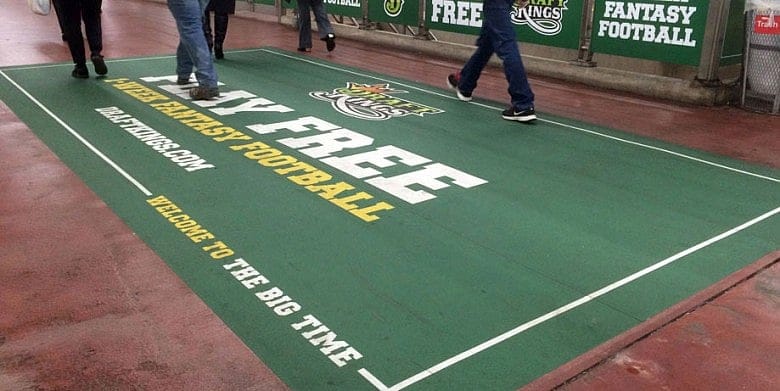DraftKings, gambling, and the future of successful startups

As daily fantasy sports companies come off of a crushing legal blow in the state of New York — one of their biggest markets — people concerned with the viability of this new iteration of gambling, or not gambling depending on who you ask, are concerned about the future of the business. Startup companies such as Boston-based DraftKings and FanDuel have operated largely unrestrained and reaped the benefits that come with creating something new.
We've seen similar reactions with ride sharing services like Uber; startups pushing boundaries, generating a lot of profit, and growing exponentially, but drawing suspicion as these companies operate in ways that some deem questionable. These startups push boundaries in ways that are technically legal but rock the boat enough to lead to disputes such as the ones between cab drivers and Uber, and traditional gambling outlets against these newer versions of gambling.

